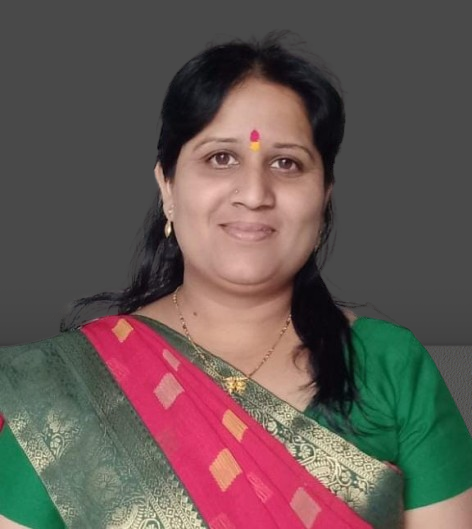Our Mindset Episode 13
I was sitting on the porch, sorting wheat. Every time a vehicle passed by, I instinctively looked toward the road. That’s when I saw a woman walking toward me. She looked just like me—same height, fair complexion. But unlike me, she was adorned with jewelry. She appeared to be around thirty, while I was only twenty. Her name was Maya.
Without saying a word, she came and sat beside me. She spoke as if she had known me forever. I asked, “Do you know me?”
She replied, “No, but I will soon. For the past two days, Balu has been teasing me, saying, ‘Your sister has come to stay at Nal Mala. When are you going to meet her?’ So, I came to see for myself. And you really do look just like me!”
I couldn’t help but laugh at her words.
That was how I met Maya—through Balu’s teasing. She was bold, outspoken, and fearless. She joked with everyone and never hesitated to climb trees to steal coconuts from Mangu’s farm.
Her husband was a tailor who left for work in the morning and returned only in the evening. Meanwhile, she managed everything—farming, livestock, home, and children. Everyone in the village called her “Bhabhi.” Eventually, I started calling her that too.
I learned so much from her—how to navigate the outside world, how to farm, and how a woman could handle planting, harvesting, and selling vegetables all on her own.
Before meeting Maya, I had lived a simple, dependent life. Before marriage, I relied on my parents; after marriage, on my husband. I followed whatever they said, believed whatever they told me, and never voiced my own opinions. Even if I saw something wrong happening, I remained silent—I didn’t have the courage to speak up. If someone troubled me, I would get angry but never confront them. Instead, I would cry. I was completely dependent on others, with no sense of independence.
But my life was about to take a turn. I would soon have to face the world alone, and Maya was the one God had chosen to prepare me for it.
I made tea for her, and we chatted about various things. As she was leaving, she asked, “When are you coming to my place? My farm is right next to Mangu’s pomegranate orchard. You’ll see a small hut there—just come in.”
Her house was on the other side of the river. Since she spent the whole day working on the farm, she had built a small hut there. “There’s plenty of vegetables in my field,” she said. “Take whatever you need.”
In just an hour, we had become friends. The way she spoke to me with such familiarity made me feel at home. I was happy to have found a friend. We exchanged haldi-kumkum, a traditional gesture of goodwill, and I watched her until she disappeared from sight.
Meanwhile, my husband finished his chores and packed the wheat in a sack. “I’ll return only after your grandmother arrives,” he said. “I don’t know how long that will take.”
There was no convenience nearby—no grocery store, no flour mill. The village was two or three kilometers away from the farm.
I had to prepare a meal before my grandmother arrived. But there was no flour to make bread. That’s when I remembered—our neighbor had borrowed some flour from us. I didn’t like the idea of asking for it back, but I had no other choice.
In a household, if something goes wrong, men are rarely blamed—it’s always the woman’s fault. My grandmother was no different; she never missed an opportunity to scold me.
I prepared the dough and waited for her to arrive.
